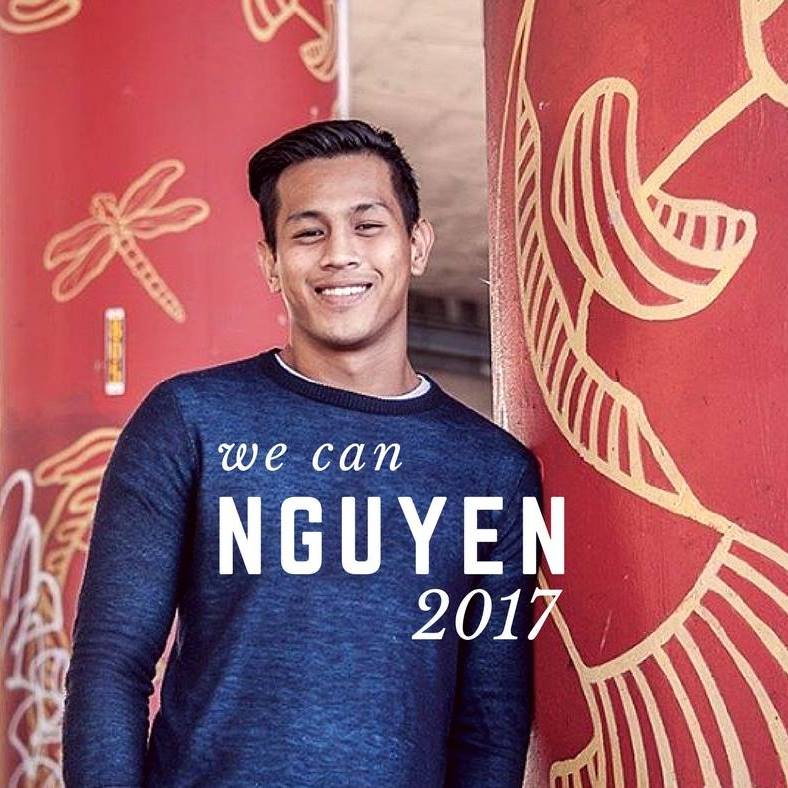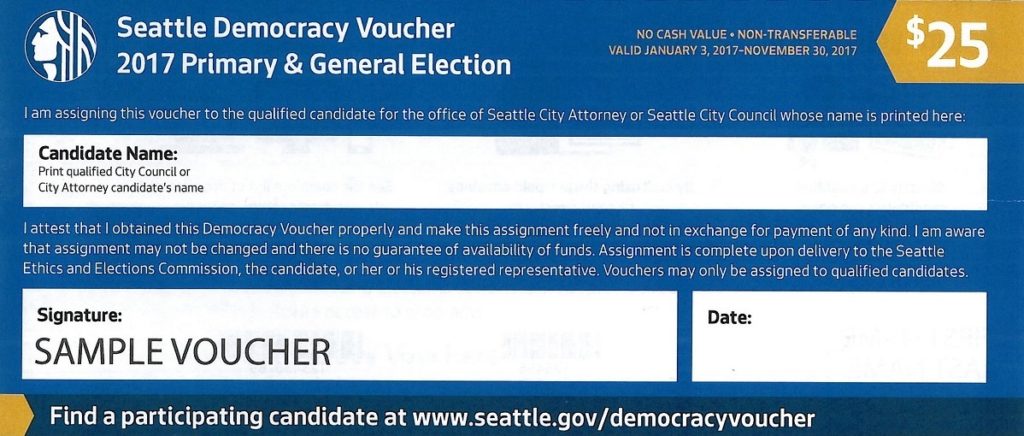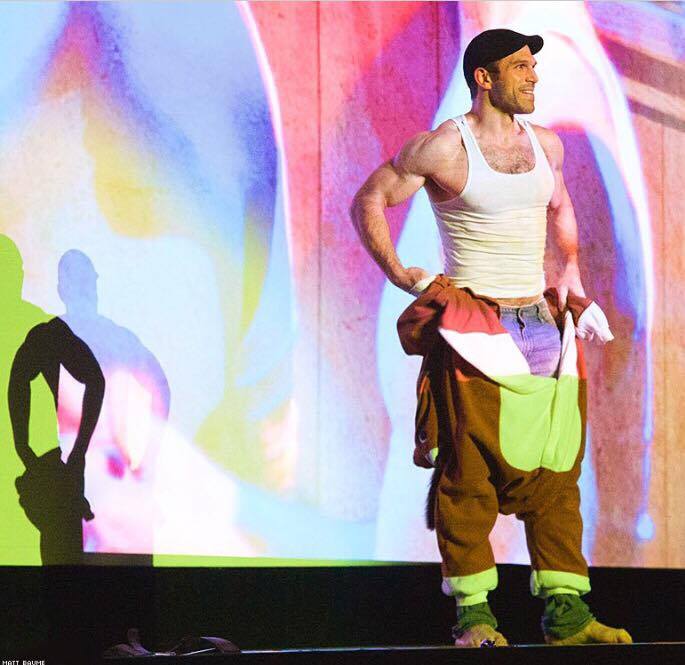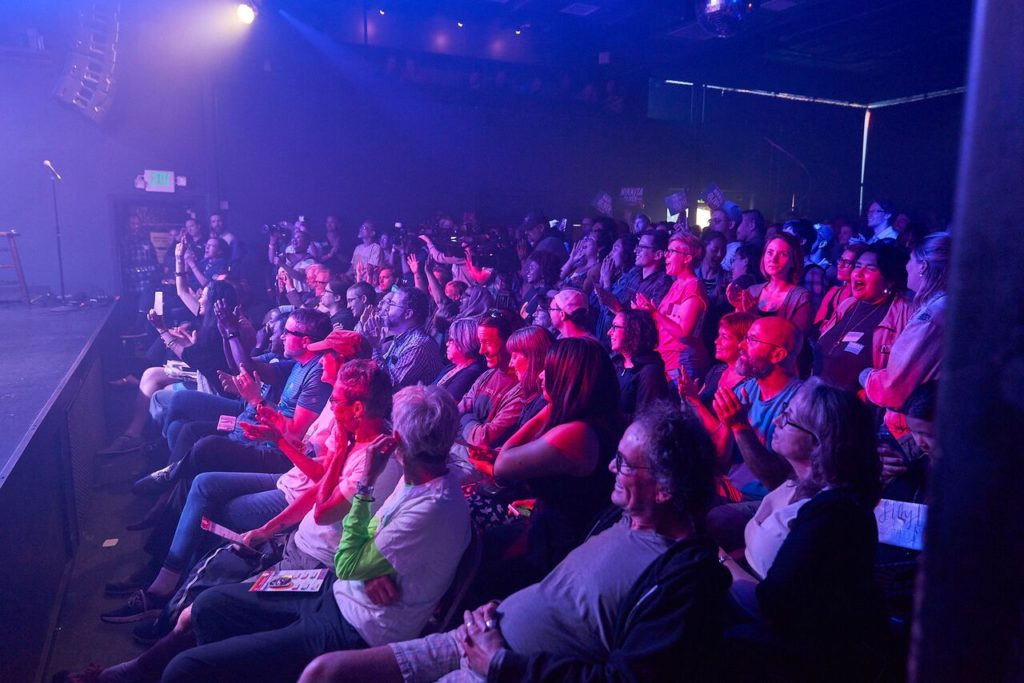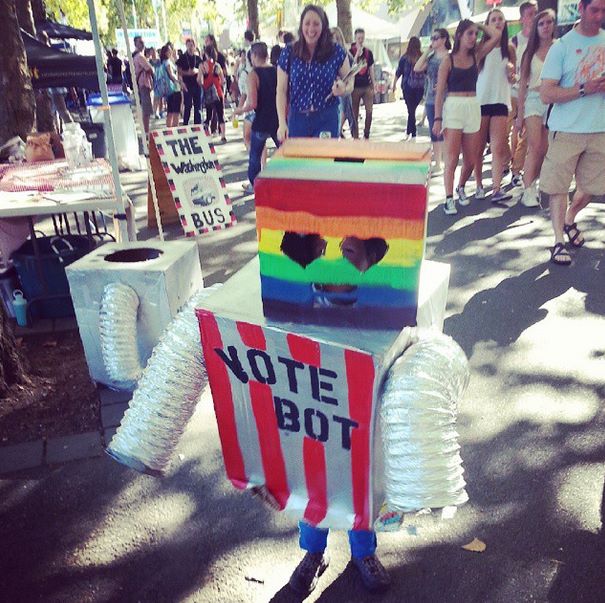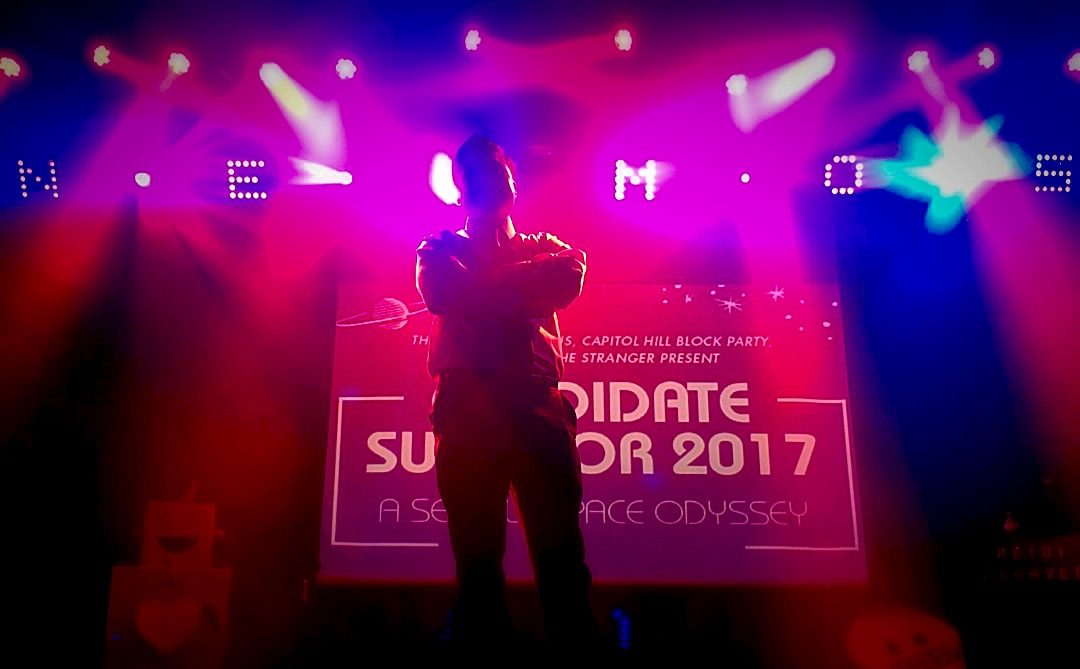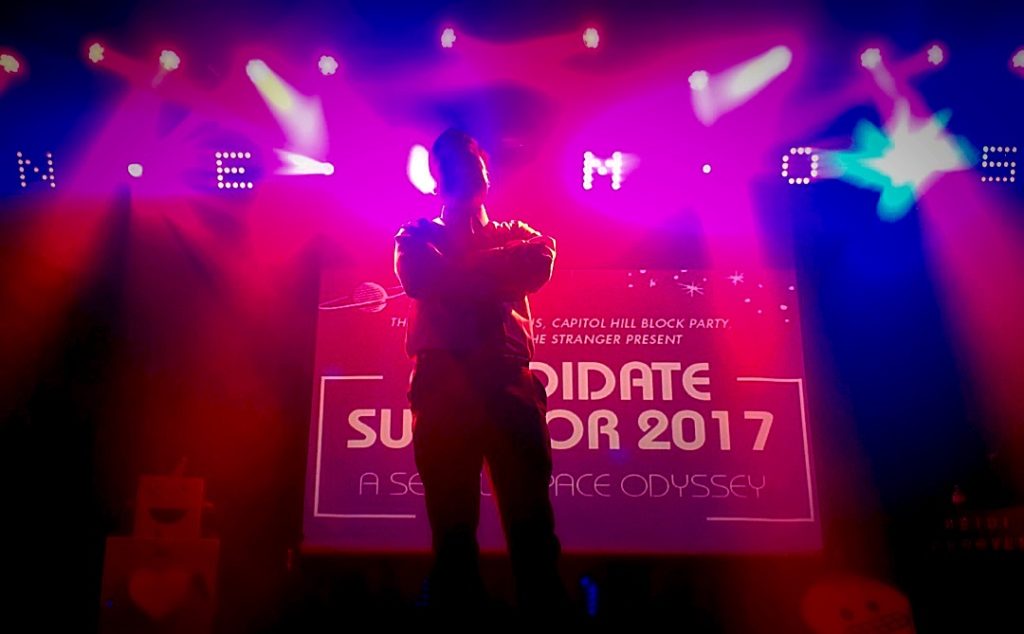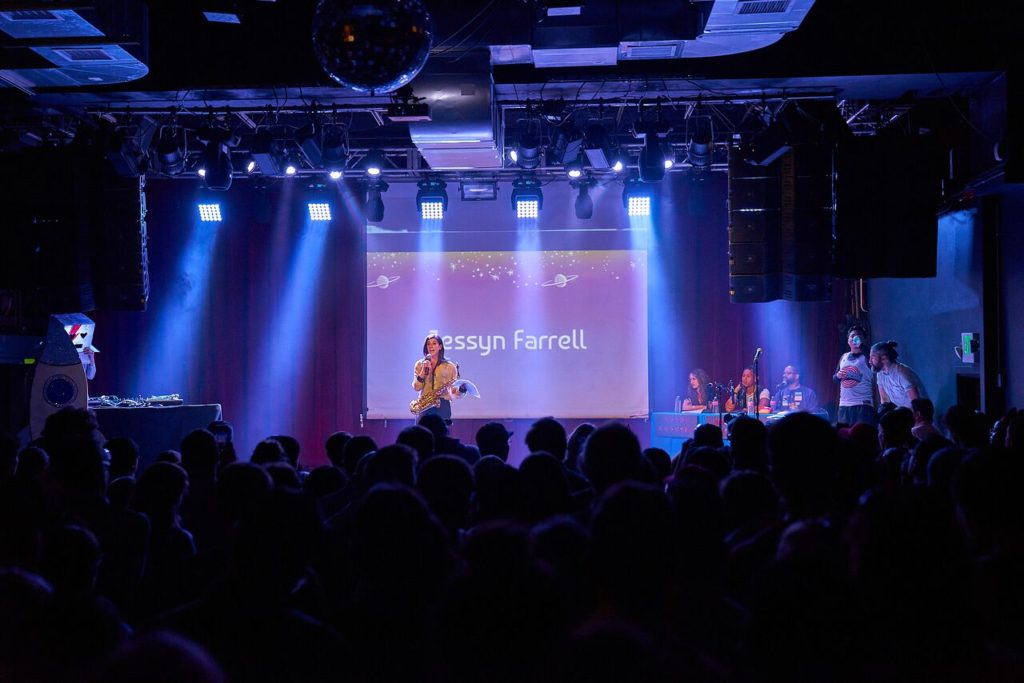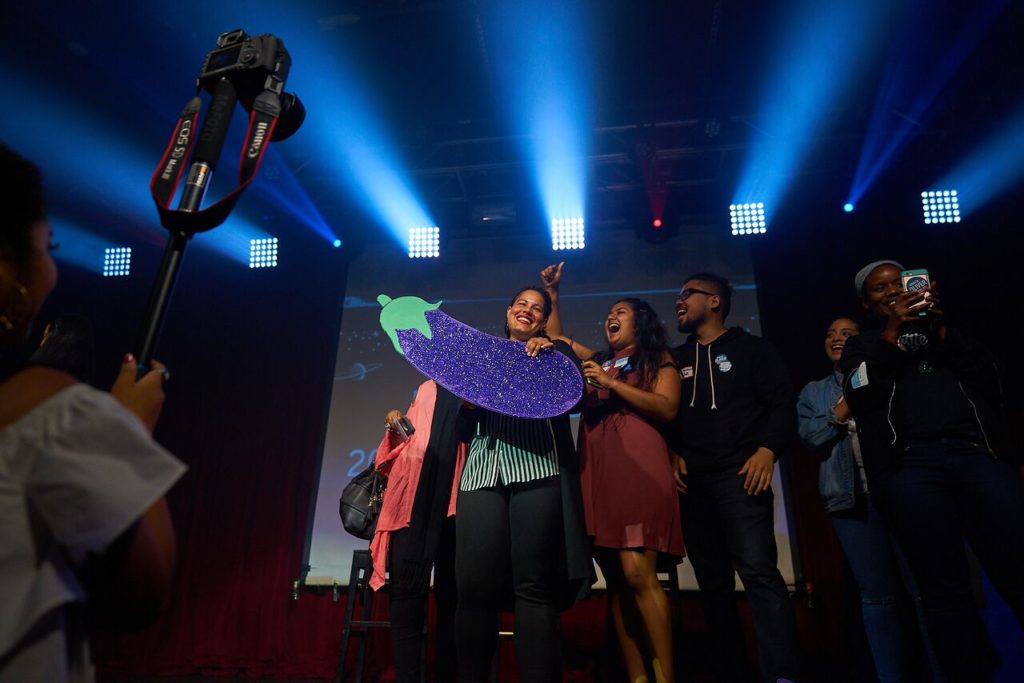What we WON in the 2021 Leg Session 🎊
This post was written by Bus Staff
The legislative session is over for this year, and we’re here reflecting on what we WON, and on the work that still needs to be done. First off, we’re proud of all the young people who called their legislators, showed up to testify, and advocated for policies they believe in. Our legislative system is tricky – it’s hard to understand, and it can really seem like a black box, one which has the potential to create transformative justice on so many issues, but often falls short of the values we believe in. We watched legislators make racist, hurtful statements on the floor and in committee. We also saw young people standing up for what they believe in, by waiting hours to testify remotely for Community College equity, or the Working Families Tax Credit.
We have to celebrate the small wins, because even small wins are big wins. Check out some of what we won below.
What we Won
😇 We restored Voting Rights to 26,000 of our neighbors in WA
HB 1078 increases voting access by automatically restoring the right to vote to those no longer in community custody. Say thank you to Rep. Tarra Simmons.
📚 We invested in our Community and Technical Colleges
The Our Colleges our Future Act invests $33 million into our Community and Technical Colleges to add 200 new full-time faculty positions, increase mental health counseling, and add advisers. The bill also implements diversity, equity and inclusion plans and changes residency requirements so more undocumented students can qualify for in-state financial aid. Say thank you to Senator Marko Liias.
💸 We put $$ in the pockets of young people and working families
The Working Families Tax credit will provide a much needed income boost of up to $950 for nearly one million working Washingtonians. This tax refund will help support an equitable recovery for working families, college students, immigrants, and young folks without children. Say thank you to Rep. My-Linh Thai.
🤑 We taxed the rich and took a step towards a more just tax code
Capital Gains is a big deal. We made a HUGE step towards fixing Washington’s upside down tax code by passing a tax on extraordinary profits from the sale of stocks and bonds. This will only impact Washington’s wealthiest individuals and will help fund a just recovery that includes funding for childcare, early learning, and K-12. Say thank you to Rep. Noel Frame and Senator June Robinson.
We cut down transportation emissions and pollution
The Clean Fuels Standard makes a big impact on carbon emissions from the transportation sector, and is a common sense way to reduce carbon emissions and fight climate change. We’ve now joined Oregon and California in implementing this policy. Say thank you to Rep. Joe Fitzgibbon.
🚔 We took a step towards de-militarizing police
A coalition of first term Black legislators successfully pushed police accountability measure HB 1054. This bill bans no-knock warrants and chokeholds, restricts the use of tear gas, and limits other tactics often used in police brutality cases. Say thank you to Rep. Jesse Johnson.
🗝 We banned for-profit private prisons
What!! After years of activism and hard work from advocates, the Washington State Legislature approved a ban on private, for-profit prisons. This means the Northwest Detention Center, the private immigrant detention center in Tacoma, WA, will be closed by 2025. We want to thank community leaders in the advocacy space, like La Resistencia, who have fought for this for years.
Where we Fell Short
😕 Making democracy more accessible
Local Options for Ranked Choice Voting didn’t make it through. This bill would have given local jurisdictions the option to implement ranked choice voting, which is proven to make first time candidates, candidates of color, and woman candidates, more likely to run and win. We’re hoping to see this make it through the legislature another year. Stay tuned for ways to get involved!
Additionally, advisory votes will still show up on your ballot. Boooooooo.
😕 Police accountability to community
HB 1203 would have implemented Community Oversight Boards to hold police departments accountable across the state. The importance of this policy cannot be overstated – currently, police are held accountable only to their own departments.
What’s next?? 💫
⏱ We’re looking forward to next year. The “interim” is where the magic happens – when legislators meet with constituents (that’s you!) and organizations like ours start to mobilize around policies that will make a difference to Washingtonians. Have a policy idea you think the Bus should work on?


 .
.  .
. 

